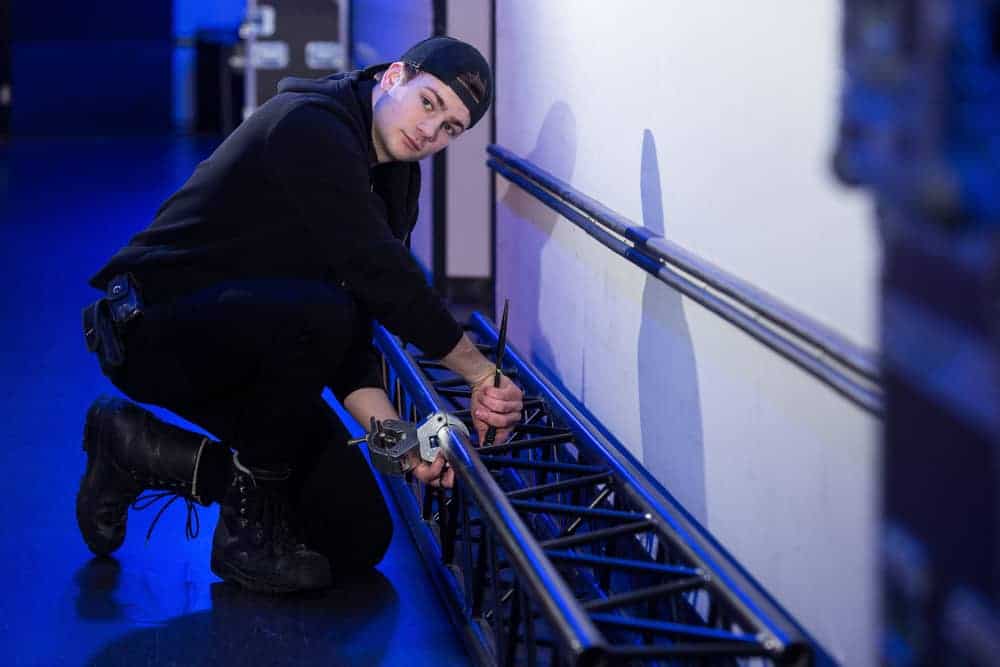Location: New York City, NY
Before even diving into the actual courses connected to this degree, this option belongs at the top of the list for a number of obvious reasons. New York University is one of the best schools in the country, and people come from all around the world to study there.
The same can easily be said for Tisch, the art school within NYU, which has a name almost as synonymous with greatness (if not more so) than the larger institution it is a part of.
When you’re studying something related to entertainment, if you can end up at a school in one of the major hubs in the country, such as New York City or Los Angeles, you will have a better shot at scoring internships, jobs, and finding other programs where you can study. Networking will be much, much easier.
It’s not necessarily a must, but where else will stage lighting design be more important than just down the road from Broadway and some of the nation’s most prestigious concert venues?
The lighting design option fits under the Department of Design for Stage and Film at the legendary school, and it is one of several options for those who are looking to work behind the scenes in a more technical manner.
Not all of the four options (Set Design, Costume Design, Lighting Design and Production Design) are used in equal measure when it comes to the music world, though some of the biggest names in the business will require all of them, so there may be opportunities!
New York University’s Lighting Design program may be one of the most comprehensive out there, and in order to secure a degree in this specific field, there are over 20 courses having to do with lighting that must be completed.
This may sound intimidating, but when you’re done with everything and you have your degree in hand, you’ll surely be glad you took the extra time to do well in classes like Computer Assisted Design, Composers, Choreographers, and Designers, and even Playreading.
